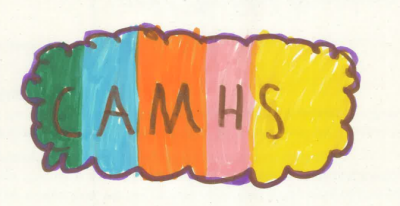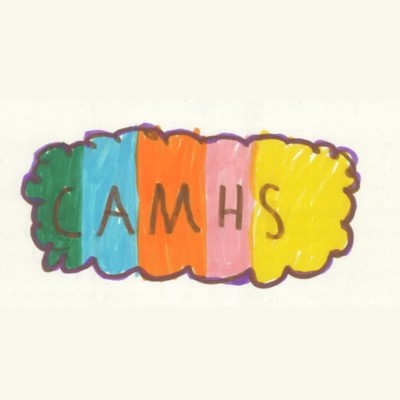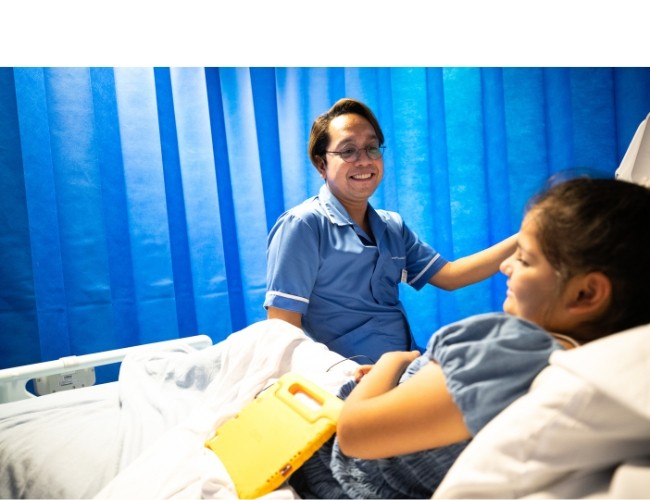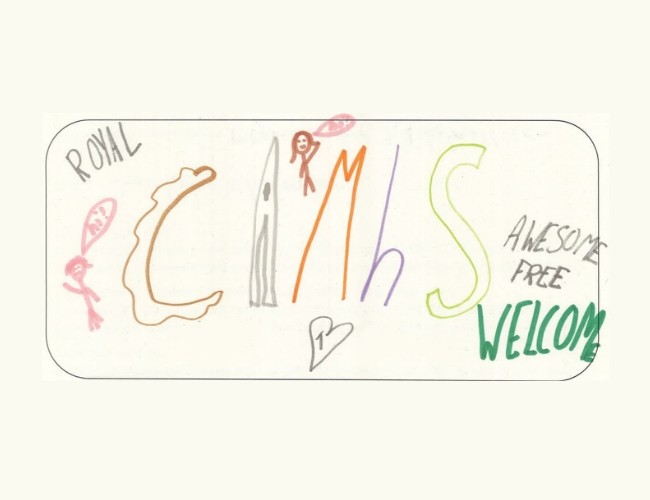Child and adolescent mental health service (CAMHS)

We seek to improve the emotional and psychological wellbeing of children and adolescents (those aged 17 years or under).
CAMHS encompasses three services: neurodevelopmental, eating disorders and paediatric liaison.
The large and experienced multidisciplinary team offers a range of specialist services.
Find out more, including about referrals to each service, via the three ‘more information’ links further down this page.
 Translate
Translate





